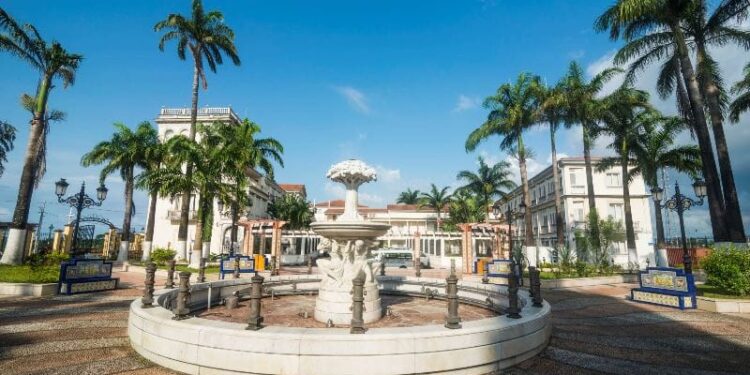Equatorial Guinea’s Path to Independence from Spain
Equatorial Guinea, a small nation located on the west coast of Central Africa, has a complex colonial history that culminated in its independence from Spain on October 12, 1968. This pivotal moment marked the end of nearly two centuries of Spanish rule and the birth of a new African nation.
Historical Context
Spain’s colonial presence in the region began in the late 18th century when the Portuguese ceded several territories to the Spanish crown. These included the island of Fernando Po (now Bioko) and the coastal region of Río Muni on the African mainland. Over time, these areas collectively became known as Spanish Guinea.
The Road to Independence
The push for independence gained momentum in the mid-20th century, coinciding with the broader wave of decolonization sweeping across Africa. Several factors contributed to this movement:
- Rise of African Nationalism: The growth of pan-African ideals and the success of independence movements in neighboring countries inspired Equatorial Guineans.
- International Pressure: The United Nations played a crucial role in advocating for decolonization, placing pressure on Spain to grant independence.
- Local Leadership: Prominent figures like Francisco Macías Nguema emerged as key leaders in the independence movement, rallying support among the population.
The Transition to Independence
In 1963, Spain granted Equatorial Guinea limited autonomy, establishing a local legislative assembly. This move, however, fell short of full independence and only intensified the calls for complete sovereignty.
Responding to mounting pressure, Spain finally agreed to grant independence in 1968. A constitutional convention was held, and a referendum on the new constitution passed with overwhelming support. On October 12, 1968, Equatorial Guinea officially declared its independence, with Francisco Macías Nguema becoming the country’s first president.
Challenges and Legacy
While independence brought great hope, Equatorial Guinea faced numerous challenges in its early years as a sovereign nation. The Macías regime quickly devolved into a brutal dictatorship, leading to economic decline and widespread human rights abuses.
Despite these initial setbacks, Equatorial Guinea’s independence remains a significant milestone in African history. It marked the end of Spanish colonial rule on the continent and represented another step in the global process of decolonization.
Today, Equatorial Guinea continues to grapple with the legacy of its colonial past and post-independence challenges. However, its journey to independence serves as a reminder of the complex processes that shaped modern Africa and the ongoing struggles for self-determination and development across the continent.
newshub



Recent Comments